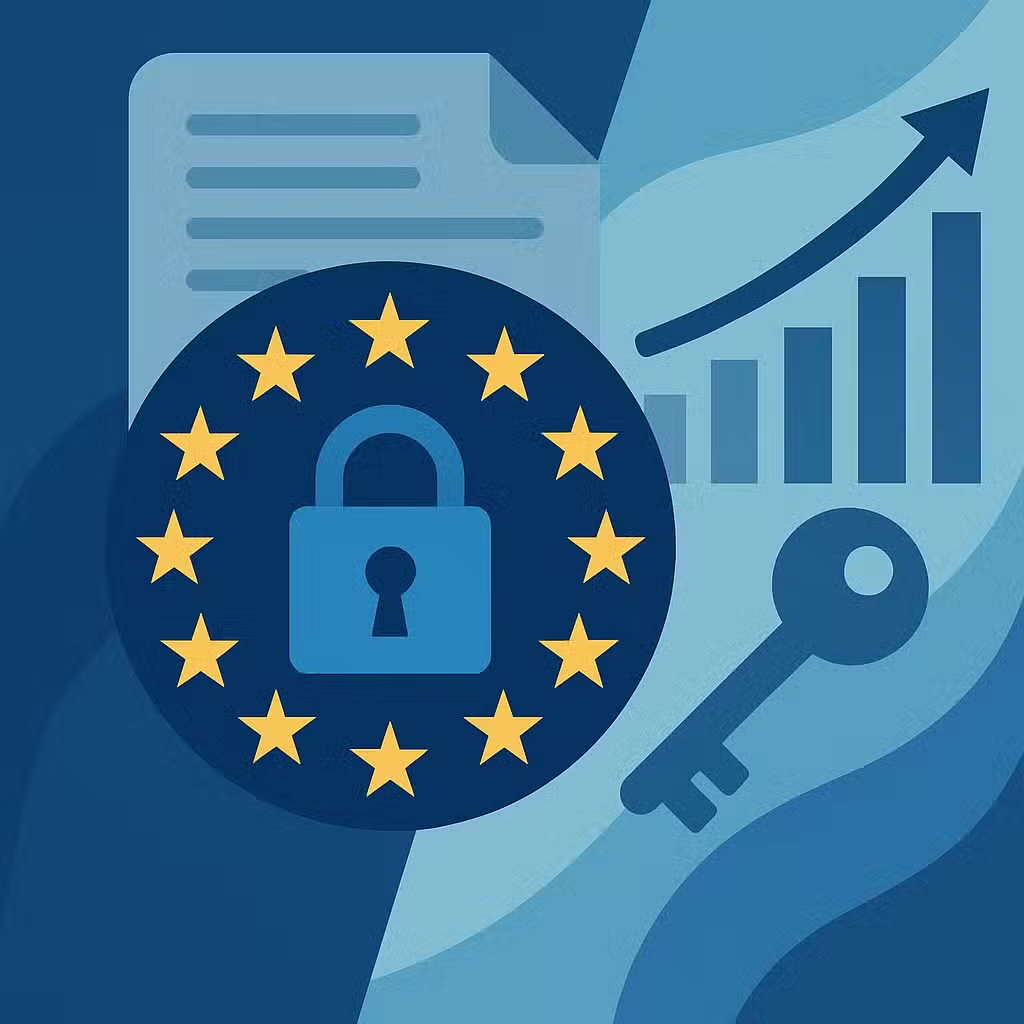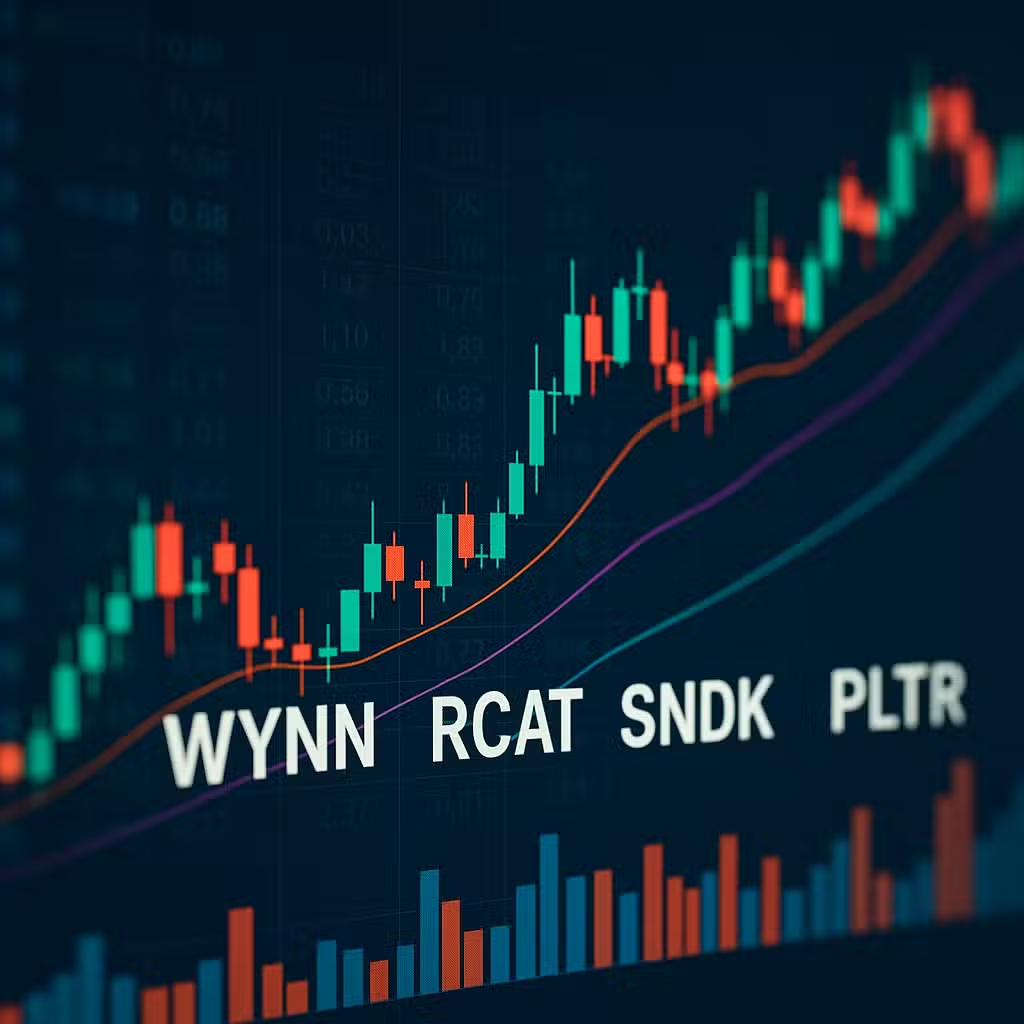EU Data Act Compliance: Key Step for Businesses to Stay Competitive and Avoid Regulatory Risks
Think of the new EU Data Act like new traffic rules for a busy city—if you drive a car (or run a business), you need to know the rules or you risk getting stuck, fined, or left behind. This law is going to change how companies use and share data, and investors should care because it could shake up who wins and loses in the market.
Why the EU Data Act Matters for Investors
Data is like the oil of the digital age—it’s what powers companies, especially in tech, manufacturing, and services. The EU Data Act, which started on January 11, 2024, and kicks in for most rules by September 2025, is set to make data sharing fairer and safer. This matters for investors because it could change the value of companies, especially those that depend on data from Europe.
According to the European Commission, the EU data economy could be worth over €829 billion by 2025. That’s a huge pie, and the new rules decide how it’s sliced.
Bull Case: The Upside
- More innovation: Companies can access more data, helping them create new products and services faster.
- Level playing field: Small and medium businesses get better access to data, making it easier to compete with big tech.
- Customer trust: Clear rules on who owns and controls data can boost confidence and loyalty.
- Faster cloud moves: The Act forces cloud providers to let customers switch services in 30 days, which could lower costs and improve competition.
Bear Case: The Downside
- Higher costs: Companies must update contracts, improve security, and train staff—this takes time and money.
- Risk to trade secrets: Sharing more data could make it harder to protect confidential information.
- Complexity: Businesses with lots of data and connected devices may face headaches keeping up with new rules.
- Fines and penalties: Not following the rules could mean big fines, higher operational costs, and lost trust.
What’s Changing for Companies?
The biggest shift is that users—like customers or companies using smart devices—now have a legal right to access and share the data those devices create. For example, if you own a smart fridge or car, you can ask for the data it collects and decide who else can use it.
Companies must also clearly explain what data they collect, how they store it, and how long they keep it. Devices made after September 2026 must be designed so data is easy to access and share. This is a big change from the “black box” approach, where only the company had the keys.
Cloud providers must let customers move their data quickly, and by January 2027, many exit fees will be banned. This opens the door for more competition between cloud services.
What Should Businesses Do Now?
- Check devices and data flows: Know what data you collect, how you use it, and who gets access.
- Update contracts: Make sure agreements are clear about data rights and security.
- Train teams: Employees need to understand the new rules and how to follow them.
- Protect secrets: Label sensitive information and use strong safeguards to keep trade secrets safe.
Ignoring these steps could mean missed opportunities—or worse, big fines and damaged reputation.
For more on the expected impact, see this McKinsey analysis.
Investor Takeaway
- Watch tech and cloud stocks: Companies that adapt quickly could gain market share, while laggards might struggle.
- Look for compliance leaders: Firms investing in data security and transparency may become more attractive long-term bets.
- Diversify: The Act affects many sectors, so spread your bets across industries that benefit from open data.
- Monitor regulatory risks: Stay alert for news about fines or compliance failures that could hit stock prices.
- Ask questions: If you own shares in companies operating in Europe, check if they have a plan for the EU Data Act.
The EU Data Act is reshaping the digital landscape. Smart investors will look for companies that treat data like a valuable asset—and follow the new rules of the road.
For the full original report, see Yahoo Finance







